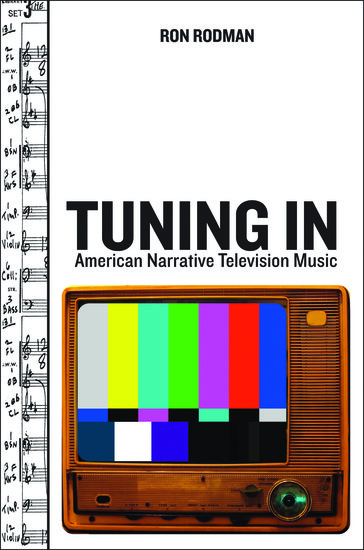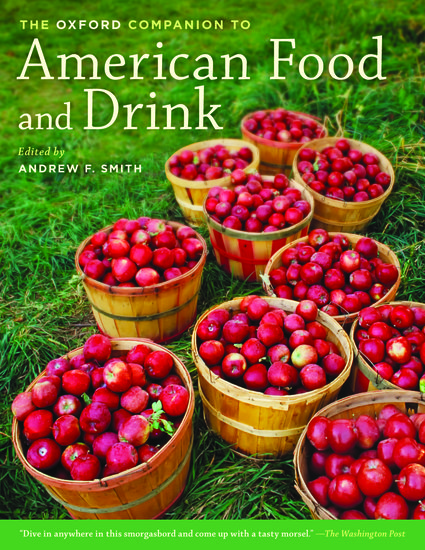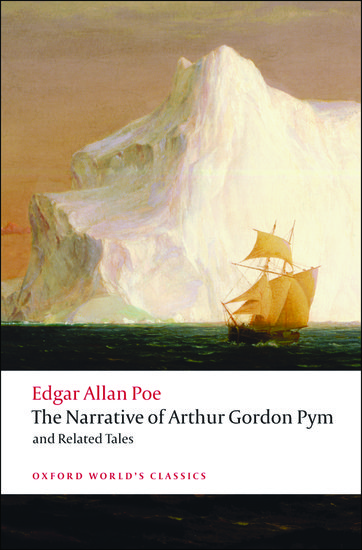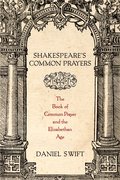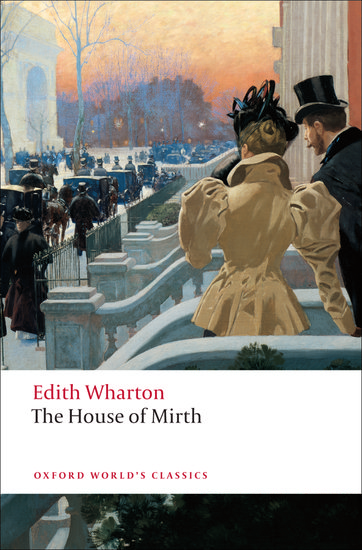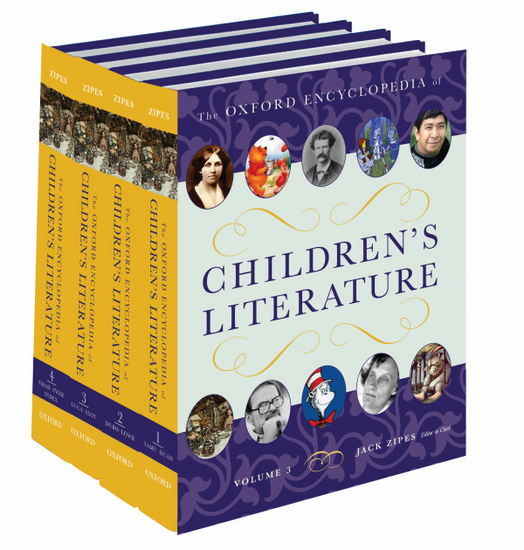The king of instruments: Scary or sleepy?
By Meghann Wilhoite
Whenever I tell people I’m an organist, I usually get one of two reactions. The person I’m talking to hunches over and sings the formidable opening notes of J.S. Bach’s D minor prelude; or, the person relates the organ’s slumberous effect during seemingly interminable church services.



